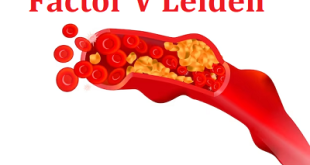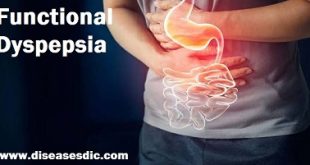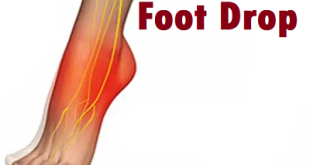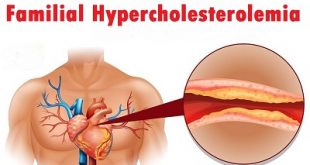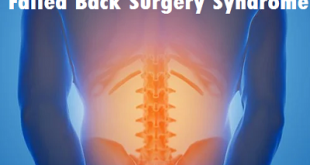What is Familial Mediterranean Fever? Familial Mediterranean Fever (FMF) is a rare genetic autoinflammatory disorder characterized by recurrent, self-limiting episodes of fever and inflammation affecting the serous membranes, which line the body cavities such as the lining of the abdomen, chest, and joints. FMF is primarily associated with populations originating …
Read More »Factor V Leiden – Pathophysiology, Symptoms and Causes
Overview of Factor V Leiden Factor V Leiden is a genetic mutation that affects blood clotting within the human body. This mutation leads to an increased risk of developing abnormal blood clots, a condition known as thrombophilia. Normally, when an injury occurs, a complex series of events takes place to …
Read More »Functional Dyspepsia (FD) – Types, Complications and Treatment
What is Functional Dyspepsia? Functional dyspepsia is a pain, indigestion, or an upset stomach that does not have an apparent cause on endoscopy, such as an ulcer. Instead, it is caused by a functional abnormality, where the muscles or nerves that control the digestive organs are not working properly. You …
Read More »Foot Drop – Types, Causes and Treatment
What is Foot Drop? Foot drop, also known as drop foot, is a medical condition characterized by the inability to lift the front part of the foot and toes effectively while walking or attempting to raise the foot. This results in a noticeable dragging of the foot along the ground …
Read More »Food Allergy – Causes, Test, and Treatment.
What is called Food Allergy? Reaction to certain food components is called food allergy. It occurs when the cells of the immune system recognise a substance in food as harmful and try to destroy it. The substance which triggers an allergic reaction is called an allergen. The most common allergen …
Read More »Febrile Seizures – Symptoms, Pathophysiology, and Diagnosis.
What is febrile seizures? A febrile seizure is a convulsion in a child that’s caused by a fever. The fever is often from an infection. Febrile seizures occur in young, healthy children who have normal development and haven’t had any neurological symptoms before. It can be frightening when your child …
Read More »Familial hypercholesterolemia (FH) – Definition, Causes, and Treatment
Definition Familial hypercholesterolemia is a common life-threatening genetic condition that causes high cholesterol. Untreated, FH leads to early heart attacks and heart disease. People with FH have a high amount of low density lipoprotein (LDL) or “bad cholesterol” due to a mutation in one of the genes that controls the …
Read More »Failed back surgery syndrome – Diagnosis, Treatment and Prevention
Definition Failed back surgery syndrome (FBSS) refers to chronic back or neck pain, with or without extremity pain, that can occur if a spine surgery does not achieve the desired result. Contributing factors to pain that returns following spine surgery include but are not limited to recurrent disc herniation, further …
Read More » Diseases Treatments Dictionary This is complete solution to read all diseases treatments Which covers Prevention, Causes, Symptoms, Medical Terms, Drugs, Prescription, Natural Remedies with cures and Treatments. Most of the common diseases were listed in names, split with categories.
Diseases Treatments Dictionary This is complete solution to read all diseases treatments Which covers Prevention, Causes, Symptoms, Medical Terms, Drugs, Prescription, Natural Remedies with cures and Treatments. Most of the common diseases were listed in names, split with categories.

